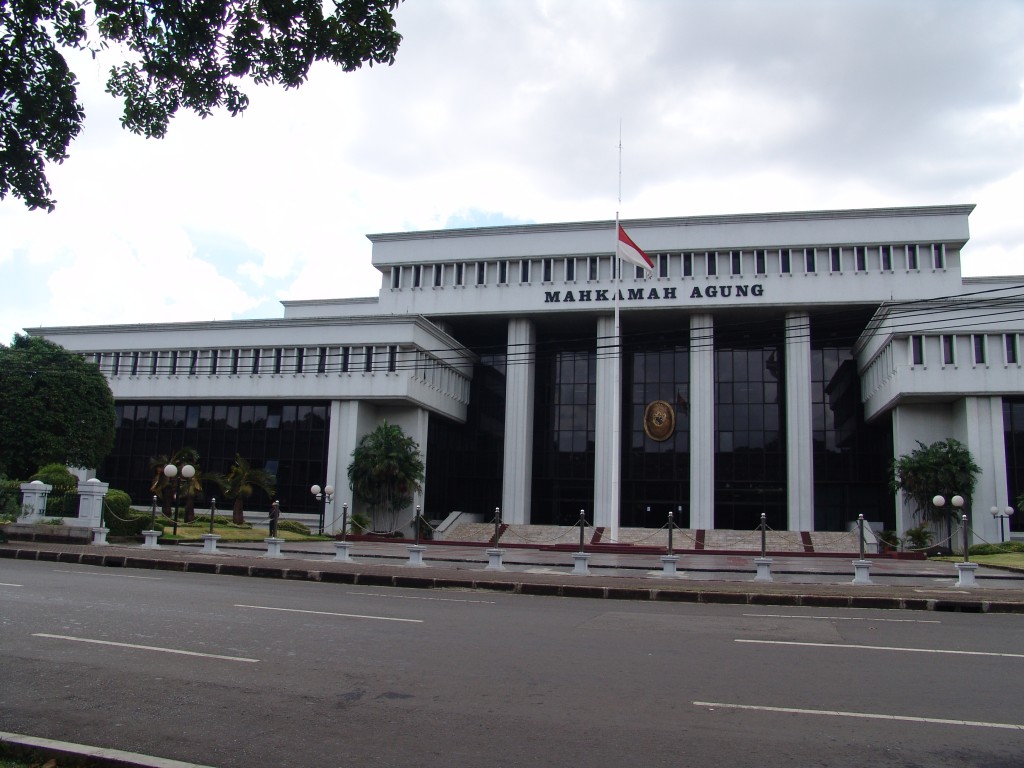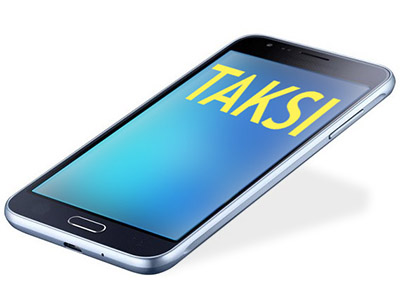Background
After ten long years of the issuance of Law No. 24 of 2009 on the National Flag, Language, Emblem, and Anthem (“Language Law”), the Government of Indonesia has finally issued an implementing regulation of the Language Law, ie Presidential Regulation No. 63 of 2019 on the Use of the Indonesian Language (“PR 63/2019”). It came into effect on 30 September 2019.
Key provisions which may be relevant to businesses
- Communication with government officials
PR 63/2019 requires the Indonesian language to be used for public administration services in government institutions, at least used for:- communication between administrators and recipients of public services;
- standard public services;
- notices/information related to the services provided; and
- information services systems.
If required, a foreign and/or traditional language may be used as a translation of the Indonesian language version. In the event of a difference in interpretation between the foreign language and the Indonesian language, the Indonesian language should prevail.
Given the above, all written communications, including written statements and written applications submitted to government officials must be made in the Indonesian language (and may be accompanied by a foreign language translation).
- Governing language of an agreement involving foreign parties
As required under the Language Law, the Indonesian language must be used in any agreements involving government institutions of the Republic of Indonesia, Indonesian private entities, or Indonesian individuals. If the agreement involves foreign parties, the Indonesian language version can be accompanied by a version in the language of the foreign parties and/ or in English. However, PR 63/2019 seems to imply that the foreign or English language version will be seen as a translation of the Indonesian language version provided for the foreign parties to have the same understanding of the agreement as the Indonesian parties to it. Therefore, to be safe, the Indonesian language version and the foreign or English versions of the agreement should be signed at the same time.Under PR 63/2019, in the event of a difference in interpretation, the governing language should be the language the parties agree to under the agreement.The Language Law is not entirely clear on this issue as it only provides that Indonesian and other language and/or English versions are deemed original. However, now, the parties to an agreement may agree to the governing language in the event of a difference in interpretation between the foreign language version and the Indonesian language version. For example, the parties may agree that the English language version will prevail and therefore, the agreement will be interpreted according to the English language version.
- The use of the Indonesian language for formal communications within private and government institutions
PR 63/2019 requires the Indonesian language to be used for formal written or verbal communications within the working environment of government and private institutions. These formal communications (which can be channelled through electronic media) include dispositions, instructions, verifications, consultations, advocation, directions, negotiations, interviews, correspondence, announcements, meetings, discussions, data collections, coordination, monitoring, employees’ development, public services, and/or other formal communications.Given the above, circular resolutions of the shareholders, resolutions of the Board of Directors and the Board of Commissioners should now be drawn up in the Indonesian language (or at least accompanied by their Indonesian language version). Formal communications between employees, meetings, negotiations must also be conducted in the Indonesian language. - The use of the Indonesian language for the names of buildings, apartment blocks, office blocks and business/ trading complexes
Subject to certain exemption under PR 36/2019, the Indonesian language must be used for the name of a building, an apartment block or residence, an office building, or business/trading complex, built or owned by Indonesian citizens or Indonesian legal entities. These include among others, hotels, housing estates, lodgings, factories, business premises, public meeting places, hospitals and venues for exhibitions. - The use of the Indonesian language for trademarks
Under PR 36/2019, the Indonesian language must be used for trademarks owned by Indonesian citizens or Indonesian legal entities. However, this requirement does not apply if the use of the trademark is obtained under a license/franchise agreement with a foreign party.If the trademark has a historical, culture, customary or religious value, it can be in the local language or a foreign language, written in Latin characters. - The use of the Indonesian language for business institutions and educational institutions.
The names of business institutions (which we understand should include limited liability companies, as this is also regulated under Government Regulation No. 43 of 2011 on the Procedures for the Submission and the Use of Limited Liability Companies’ Name) wholly owned by Indonesian citizens and/or Indonesian legal entities must be in the Indonesian language. However, if one of the shareholders of the Indonesia legal entity (a limited liability company) is a foreign party, the requirement would not apply.Similarly, the names of educational institutions (eg formal or non-formal education units) established or owned by Indonesian citizens and/or Indonesian legal entities must be in the Indonesian language. However, educational institutions established under cooperation between Indonesian educational institutions and foreign educational institutions are not subject to this requirement.If the name of the business institution or educational institution has historical, culture, customary or religious value, it can be in the local language or a foreign language written in Latin characters.
- The use of the Indonesian language in information related to services and goods
Information about goods and services whether local or foreign which are traded or provided in Indonesia must be in the Indonesian language. Producers and importers of the goods and the providers of the services are responsible for compliance with this requirement. This information includes, among other things, the names of the goods, their specifications, the materials and ingredients used, and the instructions provided.The Indonesian language version of the above Information can be accompanied by a local language or English version.
Despite the enactment of PR 63/2019, it remains unclear what would be the legal impact of having an agreement to which an Indonesian entity/citizen is a party executed in English only. Nonetheless, for strict compliance, it is advisable that the use of Indonesian language requirement be observed at all times.
*****
M&T Advisory is an email publication prepared by the Indonesian law firm, Makarim & Taira S. It is only intended to inform generally on the topics covered and should not be treated as a legal advice or relied upon when making investment or business decisions. Should you have any questions on any matter contained in M&T Advisory, or other comments generally, please contact your usual M&T contact or advisories@makarim.com.
Contacts:
Tesalonika Barus – tesalonika.barus@makarim.com
Stephanie Kandou – stephanie.kandou@makarim.com
Kurniawan Tanzil – kurniawan.tanzil@makarim.com
Lina Amran – lina.amran@makarim.com

























 Makarim & Taira S. (Old)
Makarim & Taira S. (Old) Rahayu Ningsih Hoed
Rahayu Ningsih Hoed






